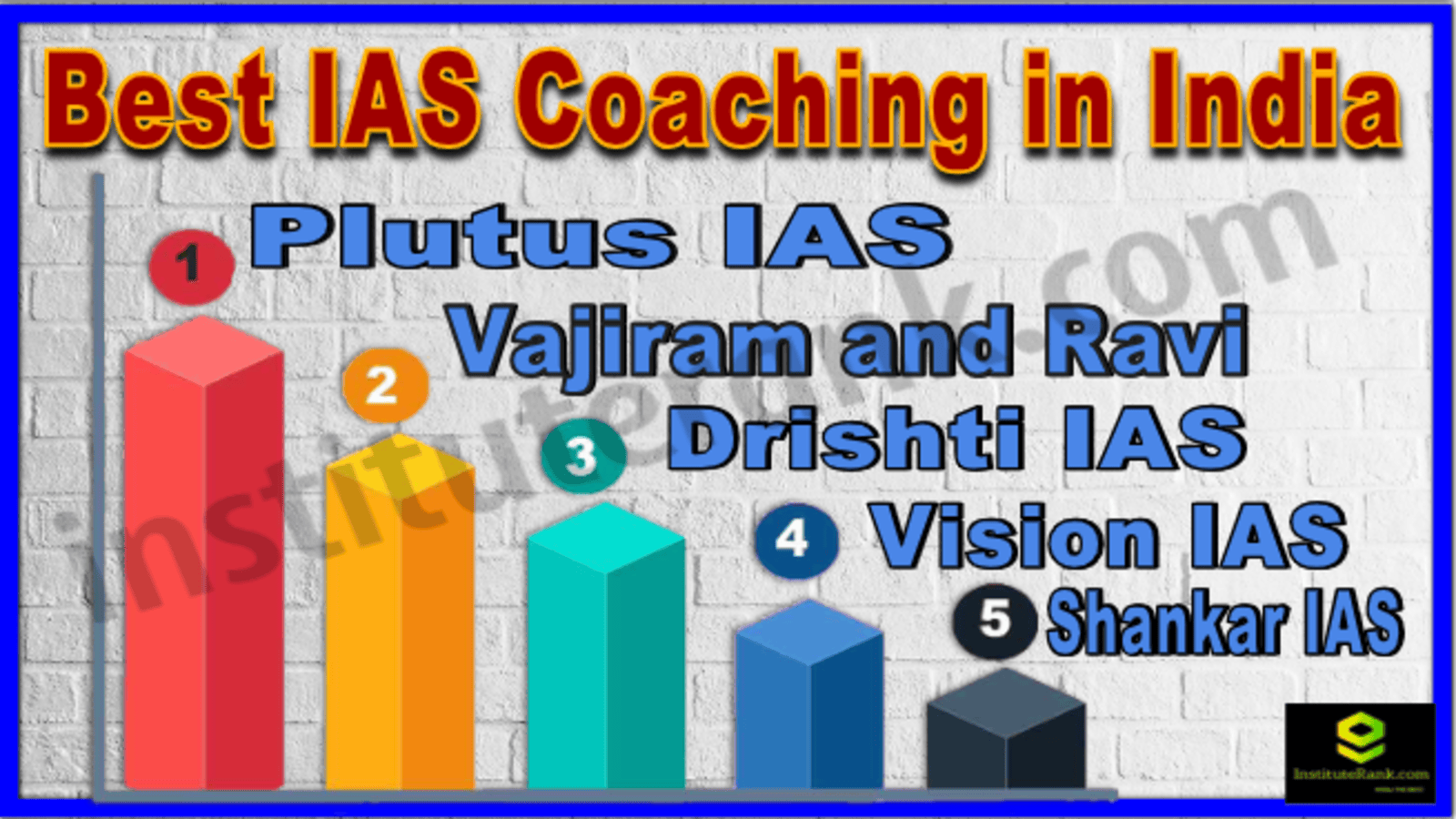How can I effectively balance self-study with coaching classes while in Delhi?
Balancing self-study with coaching classes in a bustling environment like Delhi requires effective time management, strategic planning, and a disciplined approach. Here are several strategies to help you achieve this balance:
1. Create a Structured Schedule
Timetable: Start by creating a detailed timetable that clearly outlines your coaching class timings and your preferred self-study periods. Include breaks and leisure time to avoid burnout.
- Daily Blocks: Divide your day into focused blocks for coaching classes and self-study sessions. For example, allocate specific hours for self-study after attending classes in the morning or evening.
2. Prioritize Your Time
Identify Key Subjects: Determine which subjects require more attention based on your proficiency and upcoming exams.
- Prioritization Matrix: Use a prioritization matrix to categorize subjects into urgent, important, and optional, allowing you to focus your self-study time effectively.
3. Effective Study Techniques
Active Learning: Incorporate active learning techniques such as summarizing, questioning, and teaching others what you’ve learned.
- Pomodoro Technique: Use the Pomodoro Technique (25 minutes of focused study followed by a 5-minute break) to maintain concentration during self-study sessions.
4. Utilize Coaching Resources
Leverage Classroom Learning: Use your coaching class sessions as a foundation for your self-study. Review class notes and materials immediately after classes to reinforce what you’ve learned.
- Seek Clarifications: Don’t hesitate to ask your instructors questions on topics that are unclear; utilize their expertise to guide your self-study focus.
5. Incorporate Technology
Apps and Tools: Use educational apps and tools to manage your time and stay organized. Applications for to-do lists (like Todoist), calendar reminders, and study resources can help streamline your study process.
- Online Resources: Supplement your learning with online resources, such as video lectures or tutorials relevant to your coursework, which can enhance your understanding and retention of difficult topics.
6. Connect with Study Groups
Peer Learning: Form or join study groups with classmates from your coaching classes. This encourages discussion, enhances learning through shared knowledge, and provides motivation.
- Group Assignments: Use these groups to tackle complex topics and collaboratively work on assignments to further enhance your understanding.
7. Set Realistic Goals
SMART Goals: Establish specific, measurable, achievable, relevant, and time-bound (SMART) goals for both your self-study and coaching classes.
- Weekly Reviews: Regularly review your progress and adjust your goals as necessary to keep you on track and motivated.
8. Maintain a Healthy Lifestyle
Physical and Mental Well-being: Ensure you’re eating well, exercising, and getting enough sleep. A balanced lifestyle supports your cognitive function and stress management.
- Mindfulness Practices: Engage in mindfulness practices, such as yoga or meditation, to enhance focus and reduce stress—essential for maintaining your productivity.
9. Stay Flexible and Adaptable
Adjust as Needed: Recognize that your study needs may change. Stay flexible with your schedule and be open to adjusting your plans based on your progress and feedback from coaching classes.
- Monitor Challenges: Regularly assess the effectiveness of your strategies. If self-study is suffering, reevaluate and adjust your time allocation accordingly.
Related articles
- best ias coaching in delhi
- best ias coaching in india
- best online ias coaching
- best ias coaching in kolkata
- best ias coaching in chennai
- Best IAS Coaching in Bhopal
- Top IAS Coaching in Indore
- Best IAS Coaching Center in Patna
- best ias coaching in hyderabad
- best ias coaching in patna
- best ias coaching in Bangalore
- Best IAS Coaching in Chandigarh
- Best IAS Coaching in Noida
- Best IAS Coaching in Ghaziabad
Conclusion
Balancing self-study with coaching classes in Delhi requires a strategic approach, emphasizing time management, prioritization, and healthy study habits. By effectively scheduling your time, utilizing resources, and maintaining a supportive network, you can maximize your learning experience and achieve your academic goals successfully. Remember to regularly assess your strategies and remain adaptable to achieve the best balance for your unique situation.


 Best Coaching, Institutes, Colleges Rank
Best Coaching, Institutes, Colleges Rank 
